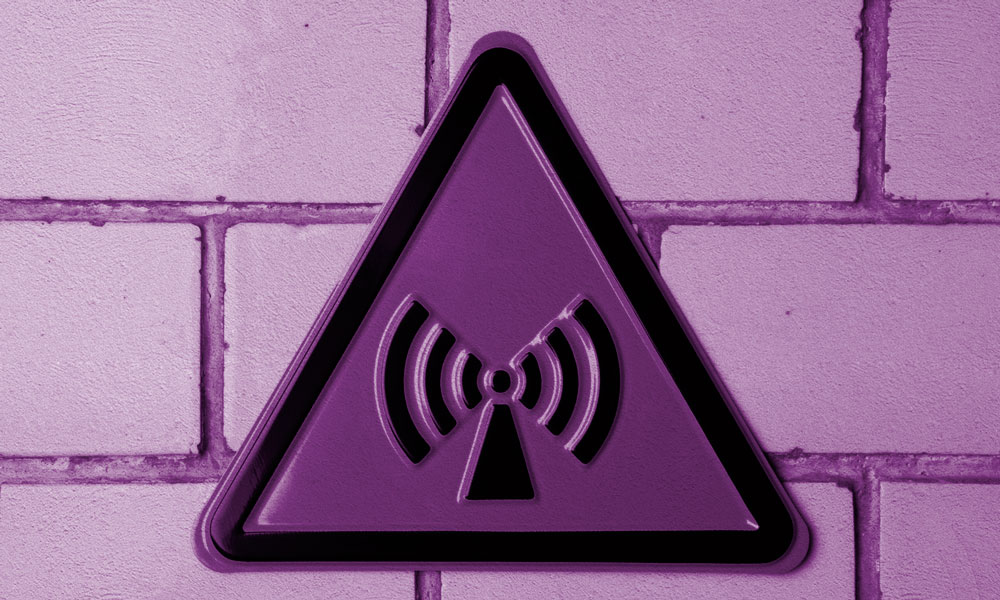
Online Radio Firms Launch Coalition, Face Criticism
A number of online radio companies have joined the Internet Radio Fairness Coalition, but the music industry isn't amused.
Online radio and the music industry have never had a warm relationship, and based on the industry’s chilly reaction to the Internet Radio Fairness Coalition, a thawing of that relationship isn’t happening anytime soon.
The new coalition, which includes online music heavyweights such as Pandora, Clear Channel, and the Digital Media Association, announced its launch Thursday. The group’s goal is to support legislation that would create a new funding structure for online radio stations.
It would produce a windfall to millionaires, mandate a pay cut for artists, and provide no benefits to subscribers.
Namesake legislation to this effect, the Internet Radio Fairness Act of 2012, is floating through Congress; it would lower rates for online music streaming to the significantly lower level of satellite and cable-based radio services. The bill is backed by Reps. Jason Chaffetz (R-UT) and Jared Polis (D-CO), and Sen. Ron Wyden (D-OR).
The music industry’s coalition, musicFIRST, has expressed frustration over the legislation, claiming that it would benefit the online companies far more than it would musicians. And it’s talking tough.
“This bill is now commonly known as the ‘Screw Artists Act’ because it would produce a windfall to millionaires, mandate a pay cut for artists, and provide no benefits to subscribers,” musicFIRST’s executive director, Ted Kalo, said in a statement.
The group backs a separate piece of legislation, pushed by Rep. Jerrold Nadler (D-NY), which would bring the satellite and cable radio rates in line with the rates webcasters pay.
Some well-known musicians have made comments similar to Kalo’s in the past. For example, rock band The Black Keys has taken a tough stance against the music-streaming service Spotify, which runs a radio service of its own.
“If it was fair to the artist we would be involved in it. I honestly don’t want to see [Spotify board member and early Facebook president] Sean Parker succeed in anything,” the band’s drummer, Patrick Carney, told WGRD. “I imagine if Spotify becomes something that people are willing to pay for, then I’m sure iTunes will just create their own service, and they’re actually fair to artists.”
Pandora founder Tim Westergren, meanwhile, recently defended the value of artist payments on his site’s blog, noting the success the company had in improving the stakes for smaller-scale artists.
Is there room for the two sides to come together? How would you deal with such a legislative conflict? Let us know in the comments.
(TMG archive photo)






Comments